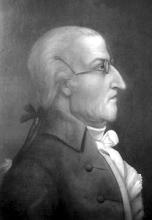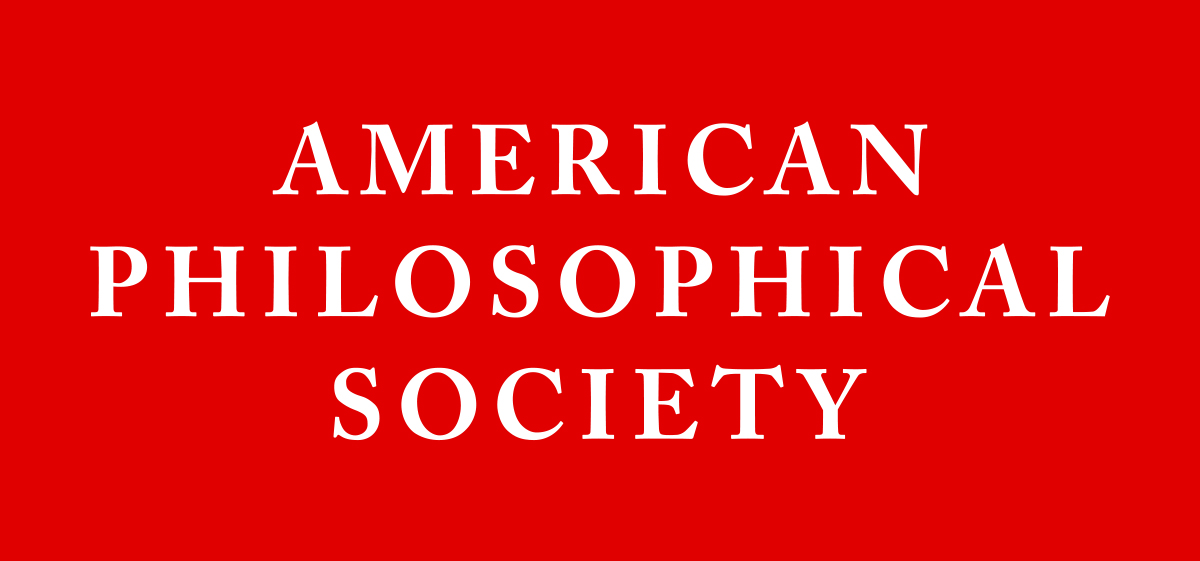Benjamin Chew Sr. (75)
Election date: 1768Elected to the revived American Philosophical Society.

Benjamin Chew, Sr. (29 November 1722–20 January 1810) was a lawyer, judge, and politician, and a member of the American Philosophical Society, elected in 1768. Born in West River, Maryland, Chew’s Quaker family relocated to the more tolerant province of Pennsylvania in 1732. He studied law under the prominent attorney Andrew Hamilton and at London’s Middle Temple, where he became connected to the Penn family. As both a lawyer and a politician, Chew would act as the Pennsylvania proprietors’ representative for decades, focusing on land disputes within their poorly defined territory. Upon his return to North America in 1744, he practiced law in Pennsylvania and the lower counties (Delaware). In 1750 he was elected to the latter’s assembly, where he served as speaker from 1753 to 1757. He also served on the Maryland-Pennsylvania border commission, drafting the report that established the Mason-Dixon Line, and attended the Albany Congress as secretary to the Pennsylvania delegation. In 1754 he was named Philadelphia city recorder and in 1755 Pennsylvania attorney general. He also served on the Pennsylvania and Delaware councils, defending proprietary rule against the popular faction led in part by his kinsman, APS member Joseph Galloway. In 1765 Chew was named register general for Pennsylvania, and in 1774 he was appointed Chief Justice of the province’s Supreme Court. Although he opposed the Stamp Act and hosted George Washington during the Continental Congress, Chew did not support independence. In 1777 he was suspected of disloyalty and arrested. Following his release a year later, he accepted the revolutionary regime but played no role therein. When Pennsylvania’s radical constitution was replaced with a more conservative one in 1790, he re-entered public life as president of the high court of errors and appeals. His son Benjamin Chew, Jr. was an APS member. (PI, ANB, DNB, DAB)
Publication: Philadelphia: Printed and sold by B. Franklin and D. Hall, at the new printing-office, in Market-Street, [1752]
